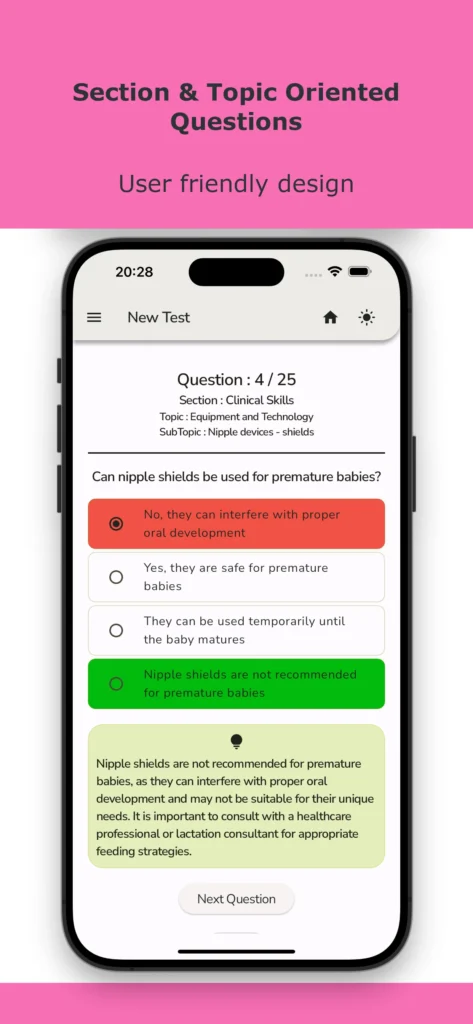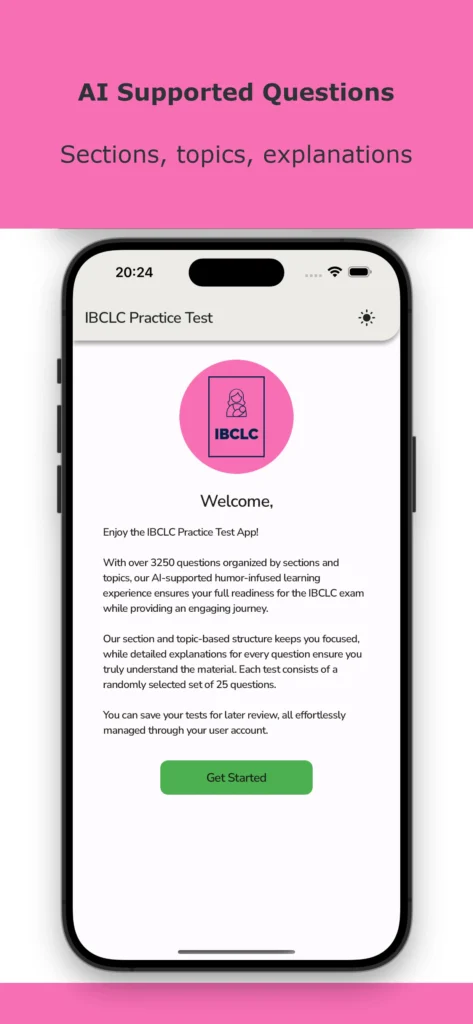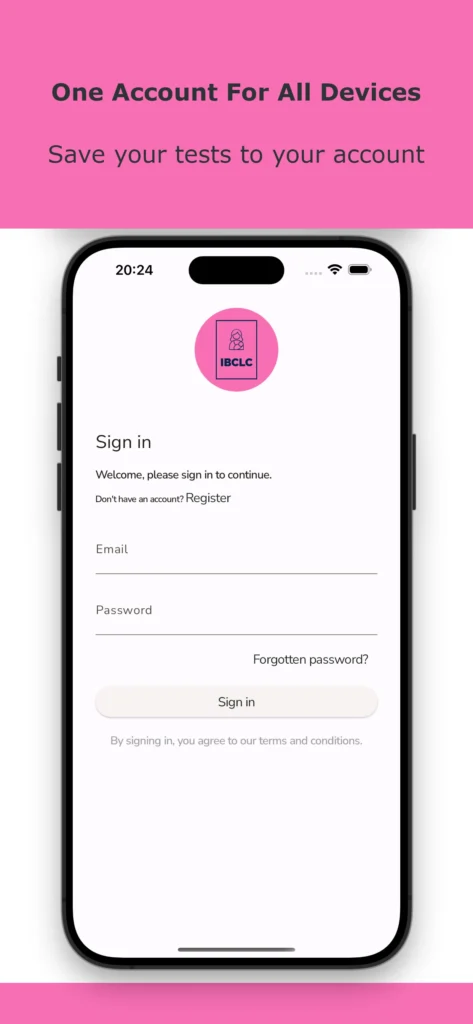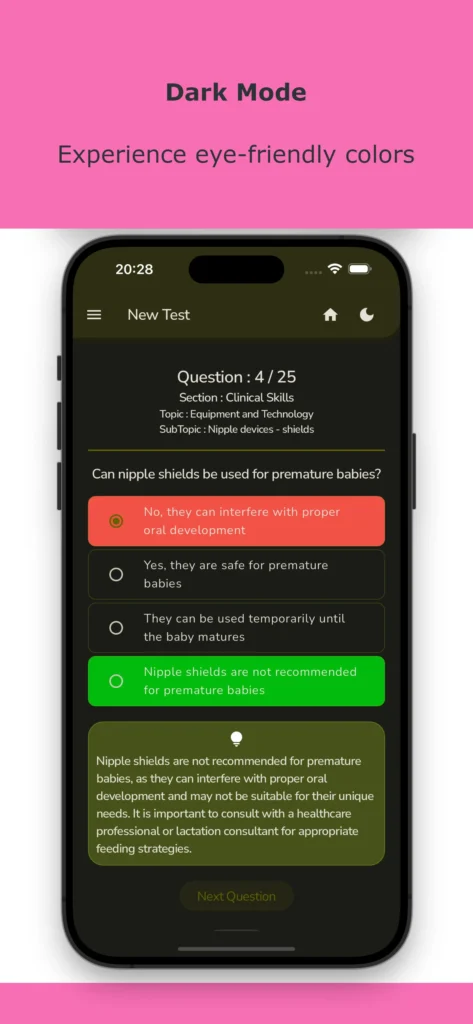Introduction
Welcome to our comprehensive guide on how to find an IBCLC mentor. If you’re pursuing a career as an International Board Certified Lactation Consultant (IBCLC), having a mentor can be invaluable in your professional development. In this guide, we will walk you through the process of finding an IBCLC mentor, the benefits of having a mentor, and the steps you can take to establish a successful mentorship relationship.
Whether you’re a student studying to become an IBCLC or a newly certified lactation consultant, finding a mentor who can provide guidance, support, and knowledge is crucial. An IBCLC mentor is an experienced professional who has already gone through the certification process and has a wealth of knowledge and expertise in the field of lactation consulting.
By having a mentor, you can gain valuable insights, learn from their experiences, and receive guidance on how to navigate the challenges and complexities of the profession. A mentor can help you develop your clinical skills, expand your knowledge base, and provide emotional support as you progress in your career.
Now that we understand the importance of having an IBCLC mentor, let’s dive into the steps you can take to find the right mentor for you.
Why You Need an IBCLC Mentor
What is an IBCLC Mentor?
An IBCLC mentor is a highly experienced International Board Certified Lactation Consultant who provides guidance, support, and education to aspiring IBCLCs. They have extensive knowledge and expertise in lactation and breastfeeding and can help you navigate the challenges and complexities of becoming a certified lactation consultant.
The Importance of Having an IBCLC Mentor
Having an IBCLC mentor is crucial for several reasons:
- Guidance and Support: An IBCLC mentor can provide you with valuable guidance and support throughout your journey to becoming an IBCLC. They can help you understand the requirements, navigate the certification process, and offer advice on how to build your skills and knowledge.
- Hands-on Experience: An IBCLC mentor can provide you with opportunities to gain hands-on experience in lactation consulting. They may allow you to observe consultations, assist with assessments, and provide feedback on your skills.
- Networking: An IBCLC mentor can help you expand your professional network by connecting you with other lactation consultants, healthcare professionals, and organizations in the field. This can open doors to new opportunities and collaborations.
- Continuing Education: An IBCLC mentor can guide you in your ongoing professional development. They can recommend relevant resources, courses, and conferences to help you stay updated with the latest research and best practices in lactation consulting.
How to Find an IBCLC Mentor
Finding an IBCLC mentor may seem daunting, but there are several ways to connect with experienced lactation consultants:
- Local Lactation Consultants: Reach out to local IBCLCs in your area and inquire if they offer mentorship programs or are willing to mentor aspiring IBCLCs. Attend local breastfeeding support groups or conferences to meet and connect with lactation consultants.
- Online Communities: Join online communities and forums dedicated to lactation consulting. These platforms often have sections where experienced IBCLCs offer mentorship or guidance to aspiring consultants.
- Professional Organizations: Explore professional organizations such as the International Lactation Consultant Association (ILCA) or your country’s lactation consultant association. These organizations may have mentorship programs or can connect you with experienced IBCLCs.
- Networking Events: Attend conferences, workshops, and seminars related to lactation and breastfeeding. These events provide opportunities to meet and connect with experienced lactation consultants who may be willing to mentor you.
Remember, when approaching an IBCLC mentor, be professional, respectful, and clearly communicate your goals and expectations. It’s important to establish a mutually beneficial relationship based on trust and open communication.
9 Ways to Find an IBCLC Mentor
1. Contact Local Hospitals and Birthing Centers
One of the best ways to find an IBCLC mentor is to reach out to local hospitals and birthing centers. These facilities often have lactation consultants on staff who can provide guidance and support. Contact the lactation department or breastfeeding support services at these institutions and inquire about mentorship opportunities. They may be able to connect you with an experienced IBCLC who can serve as your mentor.
2. Join Professional Organizations
Joining professional organizations such as the International Lactation Consultant Association (ILCA) or the United States Lactation Consultant Association (USLCA) can be a valuable resource for finding an IBCLC mentor. These organizations often have mentorship programs or can provide you with a list of IBCLCs in your area who are willing to mentor aspiring lactation consultants.
3. Attend Conferences and Workshops
Attending conferences and workshops related to lactation and breastfeeding can be a great way to network with experienced IBCLCs. These events often have networking sessions or mentorship programs where you can connect with potential mentors. Take advantage of these opportunities to build relationships and seek guidance from established professionals in the field.
4. Utilize Online Communities and Forums
Online communities and forums dedicated to lactation and breastfeeding can be a valuable resource for finding an IBCLC mentor. Joining these communities allows you to connect with other aspiring lactation consultants as well as experienced IBCLCs who may be willing to mentor you. Participate in discussions, ask for recommendations, and reach out to potential mentors directly.
5. Seek Recommendations from Colleagues and Peers
Reach out to colleagues and peers who are already working in the field of lactation consulting and ask for recommendations. They may be able to connect you with an IBCLC mentor or provide guidance on how to find one. Networking within your professional circle can lead to valuable mentorship opportunities.
6. Contact Local La Leche League Groups
La Leche League is an international organization that provides breastfeeding support and education. Contact your local La Leche League group and inquire about mentorship opportunities. They may have experienced IBCLCs who are willing to mentor aspiring lactation consultants. Attending their meetings and events can also help you connect with potential mentors.
7. Reach Out to Online IBCLC Directories
There are several online directories that list IBCLCs in different regions. These directories often provide information about the IBCLCs’ areas of expertise and whether they are available for mentorship. Utilize these directories to find IBCLCs in your area who are open to mentoring aspiring lactation consultants.
8. Connect with IBCLCs on Social Media
Social media platforms such as Facebook and LinkedIn can be useful for finding an IBCLC mentor. Join lactation and breastfeeding-related groups, follow IBCLCs on social media, and engage with their content. Building a relationship with IBCLCs online can potentially lead to mentorship opportunities.
9. Consider Online Mentorship Programs
If you are unable to find a local IBCLC mentor, consider online mentorship programs. These programs connect aspiring lactation consultants with experienced IBCLCs through virtual platforms. While in-person mentorship is ideal, online mentorship can still provide valuable guidance and support.
What to Do Once You Find a Mentor
1. Establish Clear Expectations
Once you have found an IBCLC mentor, it is important to establish clear expectations from the beginning. Discuss your goals, the frequency and duration of your meetings, and any specific areas of focus you would like to work on. This will help both you and your mentor stay on track and make the most of your mentoring relationship.
2. Create a Learning Plan
To ensure a structured and organized approach to your mentorship, create a learning plan with your mentor. This plan can outline the topics you want to cover, the resources you will use, and the timeline for achieving your goals. Having a plan in place will help you stay focused and make progress towards becoming an IBCLC.
3. Set Regular Meeting Times
Consistency is key in a mentorship relationship. Set regular meeting times with your mentor to ensure ongoing support and guidance. Whether you meet in person, over the phone, or through video calls, having a set schedule will help you stay accountable and make the most of your mentorship.
4. Be Prepared for Meetings
Prior to each meeting with your mentor, take the time to prepare. Review any materials or resources provided by your mentor, and come prepared with questions or topics you would like to discuss. Being prepared shows your commitment to the mentorship and allows for more productive and meaningful conversations.
5. Actively Participate and Seek Feedback
During your mentorship, actively participate in the learning process. Be open to feedback and constructive criticism from your mentor, as this will help you grow and improve. Ask questions, share your experiences, and seek guidance on areas where you need support. Remember, your mentor is there to help you succeed.
6. Reflect and Apply What You Learn
After each mentoring session, take the time to reflect on what you have learned and how you can apply it in your practice. Consider how the knowledge and skills gained from your mentorship can benefit your clients and enhance your professional development as an IBCLC. Reflecting and applying what you learn will maximize the value of your mentorship experience.
7. Maintain Professionalism and Respect
Throughout your mentorship, it is important to maintain professionalism and respect towards your mentor. Be punctual for meetings, respond to communication in a timely manner, and show gratitude for the guidance and support provided. Building a positive and professional relationship with your mentor will contribute to a successful mentoring experience.
Benefits of Having an IBCLC Mentor
Why Having an IBCLC Mentor is Beneficial
Having an IBCLC mentor can be incredibly beneficial for aspiring lactation consultants. Here are some key benefits:
- Guidance and Support: An IBCLC mentor can provide valuable guidance and support throughout your journey to becoming a lactation consultant. They can offer advice, answer questions, and help you navigate the challenges that may arise.
- Practical Experience: A mentor who is an experienced IBCLC can share their practical knowledge and real-world experiences with you. This can give you a deeper understanding of the field and help you develop your skills.
- Networking Opportunities: Having a mentor in the field of lactation can open doors to networking opportunities. Your mentor may introduce you to other professionals in the field, which can be valuable for building connections and expanding your professional network.
- Accountability: A mentor can help keep you accountable to your goals and aspirations. They can provide guidance on setting realistic goals and help you stay on track with your professional development.
- Continuing Education: An IBCLC mentor can guide you in identifying and accessing relevant continuing education opportunities. They can recommend workshops, conferences, and online courses that can enhance your knowledge and skills.
How to Find an IBCLC Mentor
If you’re ready to find an IBCLC mentor, here are some steps you can take:
- Join Professional Organizations: Joining professional organizations such as the International Lactation Consultant Association (ILCA) or local lactation consultant associations can provide opportunities to connect with experienced IBCLCs who may be willing to mentor you.
- Attend Conferences and Workshops: Attend conferences and workshops related to lactation and breastfeeding. These events often attract experienced IBCLCs who may be open to mentoring.
- Reach Out to Local IBCLCs: Research and reach out to local IBCLCs in your area. Explain your interest in becoming a lactation consultant and inquire if they would be willing to mentor you or if they know of any mentoring opportunities.
- Utilize Online Platforms: Utilize online platforms such as social media groups, forums, and professional networking sites to connect with IBCLCs who may be interested in mentoring.
- Ask for Recommendations: Reach out to your lactation education program or other professionals in the field and ask for recommendations on finding an IBCLC mentor.
Remember, finding the right IBCLC mentor may take time and effort, but the benefits of having a mentor can greatly enhance your journey to becoming a successful lactation consultant.
Conclusion
In conclusion, finding an IBCLC mentor is a crucial step in your journey to becoming a lactation consultant. A mentor can provide guidance, support, and valuable insights that will enhance your learning experience and help you develop the necessary skills to excel in your career. Remember to utilize the resources available to you, such as professional organizations, online communities, and networking events, to connect with potential mentors. Be proactive in reaching out and expressing your interest in finding a mentor, and don’t be discouraged if it takes time to find the right match. Keep in mind the qualities you are looking for in a mentor, such as experience, expertise, and a willingness to invest in your growth. By following the steps outlined in this guide and staying persistent, you will increase your chances of finding a suitable IBCLC mentor who can guide you on your path to success.








